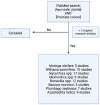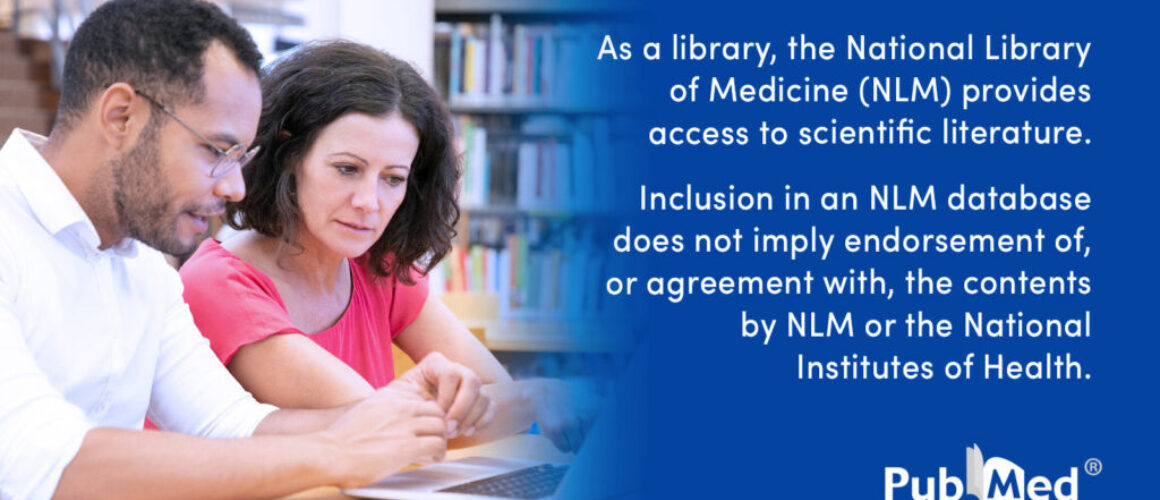The Role of Ayurveda in Prostate Cancer Management – PubMed Black Hawk Supplements
BLACK HAWK: Best lions mane supplement for immune system
Published article
Ayurveda is commonly utilized in the treatment of medical ailments but has yet to gain traction in incorporation into allopathic medicine. Prostate cancer is the most common cancer among men and presents a significant public health burden across the globe. Despite advancements in the management of advanced prostate cancer including androgen deprivation therapy and novel hormonal therapies, men may eventually develop resistance to hormonal therapy. As such, there is an urgent need for novel…
Black Hawk Supplements, best supplements in the UK

Review
The Role of Ayurveda in Prostate Cancer Management
Parnian Jabbari et al. Integr Cancer Ther. 2025 Jan-Dec.
Abstract
Ayurveda is commonly utilized in the treatment of medical ailments but has yet to gain traction in incorporation into allopathic medicine. Prostate cancer is the most common cancer among men and presents a significant public health burden across the globe. Despite advancements in the management of advanced prostate cancer including androgen deprivation therapy and novel hormonal therapies, men may eventually develop resistance to hormonal therapy. As such, there is an urgent need for novel therapeutic options in treating this malignancy. This review examines the pre-clinical evidence for Ayurveda medicinal plants such as Withania somnifera, Glycyrrhiza spp, Momordica spp, Boswellia, and Bacopa monnieri and their potential application in managing prostate cancer. Several in-vitro and pre-clinical studies suggest potentials for these plants or their derivatives in preventing or treating prostate cancers. Despite strong evidence of efficacy of these plants to potentially improve the outcome of prostate cancer, clinical trials are required to evaluate which plants may be most efficacious and to determine effective dosing strategies, as well as the use of ayurvedic plants as standalone therapies or in combination with conventional prostate cancer treatments.
Keywords: Ayurveda; alternative medicine; clinical trials; prostate cancer.
Conflict of interest statement
The author(s) declared the following potential conflicts of interest with respect to the research, authorship, and/or publication of this article: PJ and OY have nothing to disclose. DJB has the following disclosures: Consulting: Seagen. Speakers’ Bureau: Merck. Travel & Accommodations: Merck. ARK has the following disclosures: Stock and Other Ownership Interests: ECOM Medical. Consulting or Advisory Role: Exelixis, AstraZeneca, Bayer, Pfizer, Novartis, Genentech, Bristol Myers Squibb, EMD Serono, Immunomedics, Gilead Sciences. Speakers’ Bureau: Janssen, Astellas Medivation, Pfizer, Novartis, Sanofi, Genentech/Roche, Eisai, AstraZeneca, Bristol Myers Squibb, Amgen, Exelixis, EMD Serono, Merck, Seattle Genetics/Astellas, Myovant Sciences, Gilead Sciences, AVEO. Research Funding: Genentech, Exelixis, Janssen, AstraZeneca, Bayer, Bristol Myers Squibb, Eisai, Macrogenics, Astellas Pharma, BeyondSpring Pharmaceuticals, BioClin Therapeutics, Clovis Oncology, Bavarian Nordic, Seattle Genetics, Immunomedics, Epizyme. Travel, Accommodations, Expenses: Genentech, Prometheus, Astellas Medivation, Janssen, Eisai, Bayer, Pfizer, Novartis, Exelixis, AstraZeneca.
Figures

Prominent mechanisms of action of Ayurvedic plants against prostate cancer. Curved arrows show mutual mechanisms. Plant pictures were sourced from Wikipedia. Chemical structures were sourced from PubChem. The figure was created in BioRender.com.

Search terms and inclusion criteria for the study. Plants commonly used in Ayurvedic medicine were search along with [prostate cancer] in PubMed. Plants with 3 or more original articles were included in the study, with the exception of Allium sativum and Curcuma longa.
Similar articles
-
Yang Y, Jiang B, Shi L, Wang L, Yang Y, Li Y, Zhang Y, Zhu Z, Zhang X, Liu X. Yang Y, et al. J Ethnopharmacol. 2025 Feb 25;346:119555. doi: 10.1016/j.jep.2025.119555. Online ahead of print. J Ethnopharmacol. 2025. PMID: 40015539 Review.
-
Gadolinium Magnetic Resonance Imaging.
Ibrahim MA, Hazhirkarzar B, Dublin AB. Ibrahim MA, et al. 2023 Jul 3. In: StatPearls [Internet]. Treasure Island (FL): StatPearls Publishing; 2025 Jan–. 2023 Jul 3. In: StatPearls [Internet]. Treasure Island (FL): StatPearls Publishing; 2025 Jan–. PMID: 29494094 Free Books & Documents.
-
Pathak D, Mazumder A. Pathak D, et al. Daru. 2024 Jun;32(1):379-419. doi: 10.1007/s40199-023-00502-x. Epub 2024 Jan 15. Daru. 2024. PMID: 38225520 Free PMC article. Review.
-
Antioxidative and therapeutic potential of selected Australian plants: A review.
Mani JS, Johnson JB, Hosking H, Ashwath N, Walsh KB, Neilsen PM, Broszczak DA, Naiker M. Mani JS, et al. J Ethnopharmacol. 2021 Mar 25;268:113580. doi: 10.1016/j.jep.2020.113580. Epub 2020 Nov 13. J Ethnopharmacol. 2021. PMID: 33189842 Review.
References
-
- Munyangi J, Cornet-Vernet L, Idumbo M, et al.. Artemisia annua and Artemisia afra tea infusions vs. Artesunate-amodiaquine (ASAQ) in treating Plasmodium falciparum malaria in a large scale, double blind, randomized clinical trial. Phytomedicine. 2019;57:49-56. doi:10.1016/j.phymed.2018.12.002 – DOI – PMC – PubMed
Publication types
MeSH terms
Substances
BLACK HAWK: Best shilajit supplement for elderly
Read the original publication:
